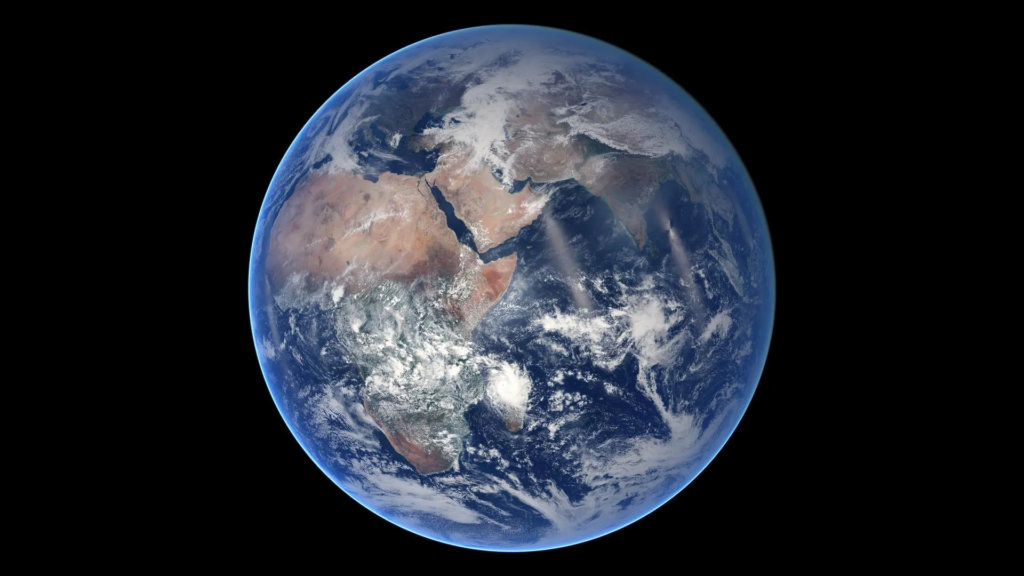
A groundbreaking study from Penn State University has challenged the long-held belief that intelligent life is a rare phenomenon, proposing instead that it could be a common outcome of planetary evolution. This research suggests that human-like civilizations may exist elsewhere in the universe, fundamentally altering our understanding of life’s origins.
Rethinking evolutionary probability
The research, published in the journal Science Advances, critiques the traditional “hard steps” theory proposed by physicist Brandon Carter in 1983. This model posited that the emergence of complex, intelligent life is an extremely improbable event resulting from a series of rare occurrences. As a result, it implied that intelligent civilizations are unlikely to exist beyond Earth. However, the new study presents a contrasting viewpoint, arguing that the emergence of humanity was not as improbable as previously thought.
“This new perspective suggests that the emergence of intelligent life might not be such a long shot after all,” said Jason Wright, co-author of the paper. “Instead of a series of improbable events, evolution may be more of a predictable process, unfolding as global conditions allow.”
A natural outcome of planetary evolution
Lead author Dan Mills emphasized that intelligent life may not require a series of fortunate events to arise. “Humans didn’t evolve ‘early’ or ‘late’ in Earth’s history, but ‘on time,’ when the conditions were in place,” he explained. The study proposes that significant evolutionary milestones are the results of logical and predictable events rather than random chance.
For instance, the emergence of photosynthesis in plant life led to an oxygen-rich atmosphere, which paved the way for the expansion of animal life on Earth. This suggests that rather than being an anomaly, complex life could be a natural consequence of a planet’s evolutionary path.
Introducing ‘windows of habitability’
The researchers introduced the concept of “windows of habitability,” proposing that planets like Earth may inherently pass through stages conducive to the emergence of complex life. This framework challenges Carter’s assumptions about life’s evolution being contingent on unique combinations of favorable conditions.
By reevaluating these assumptions—particularly those based on the Sun’s lifespan—the study offers fresh insights into the likelihood of intelligent life existing elsewhere in the universe.
“This is a significant shift in how we think about the history of life,” said Jennifer Macalady, another co-author on the paper. “It suggests that the evolution of complex life may be less about luck and more about the interplay between life and its environment.”
As scientists continue to explore these new ideas, this research opens exciting avenues for understanding our origins and our place within the cosmos. The implications are profound: if intelligent life is indeed a common outcome rather than an exception, humanity may not be as alone in the universe as once thought.





